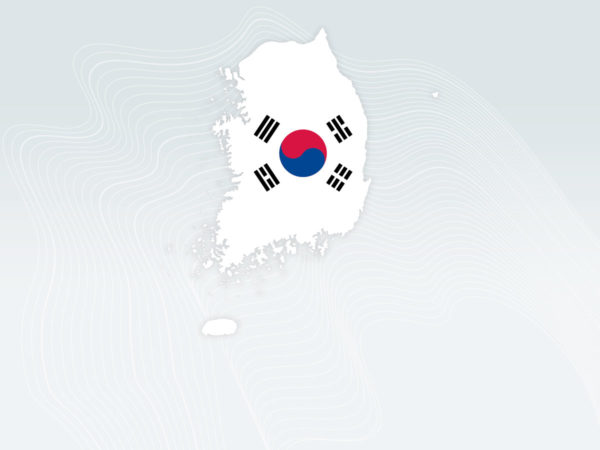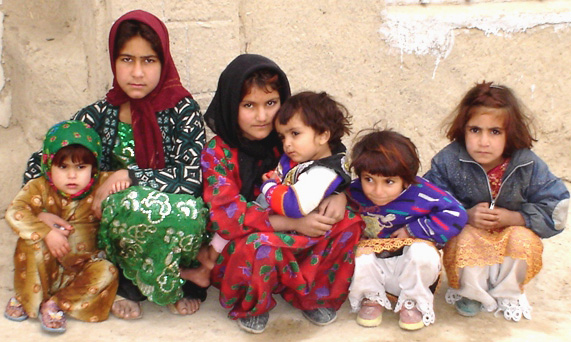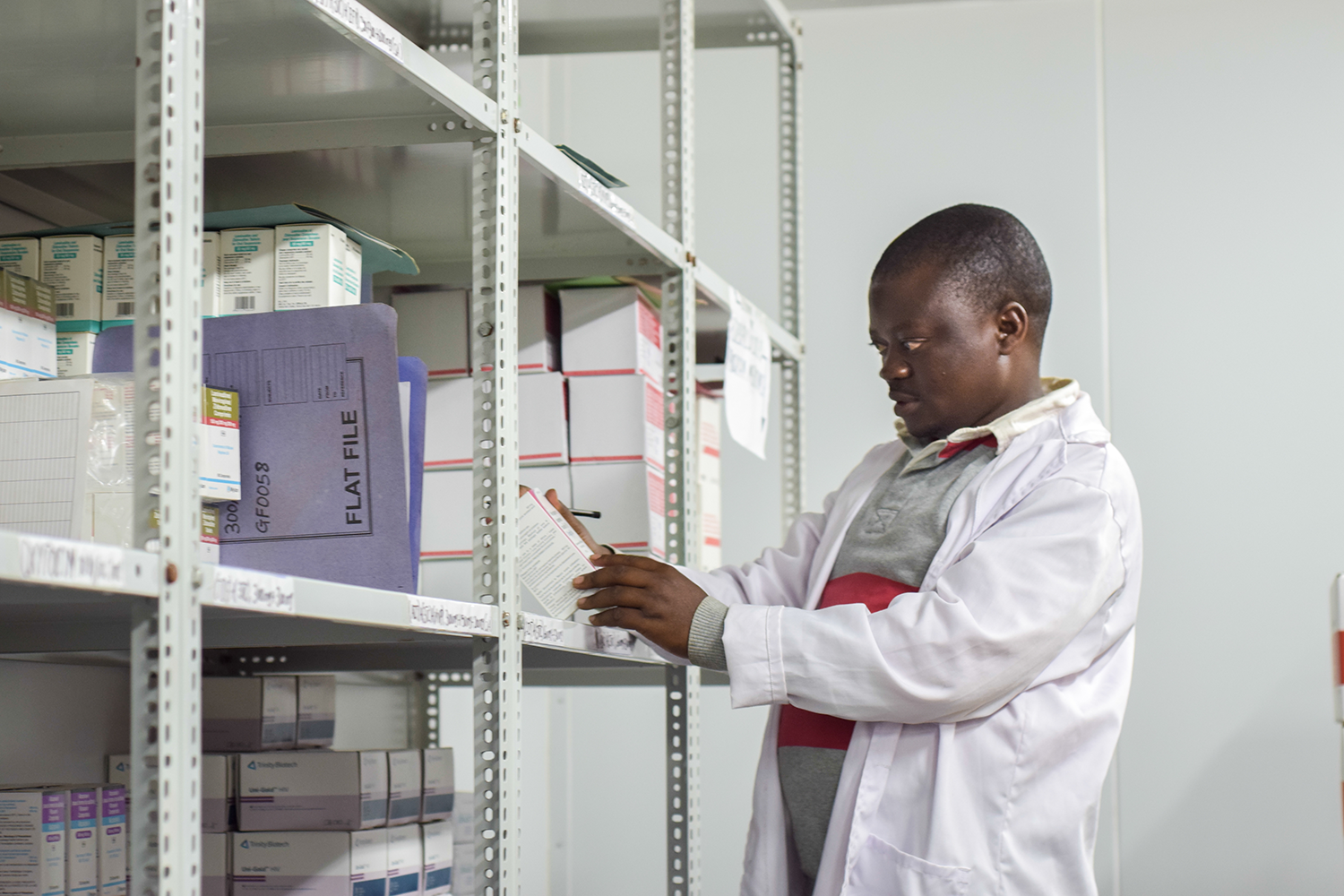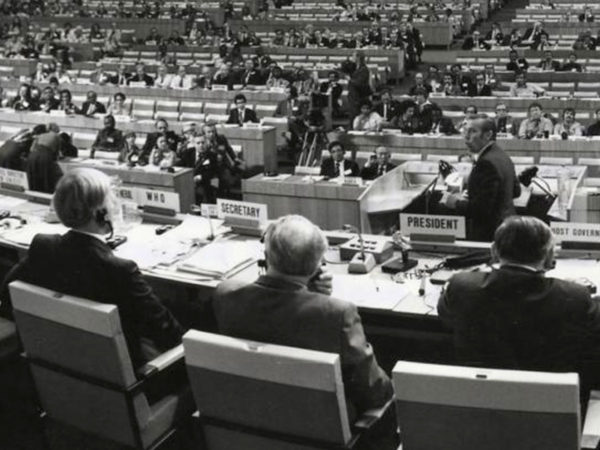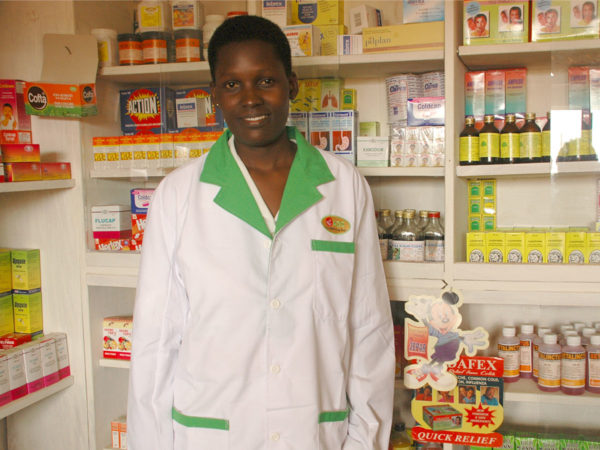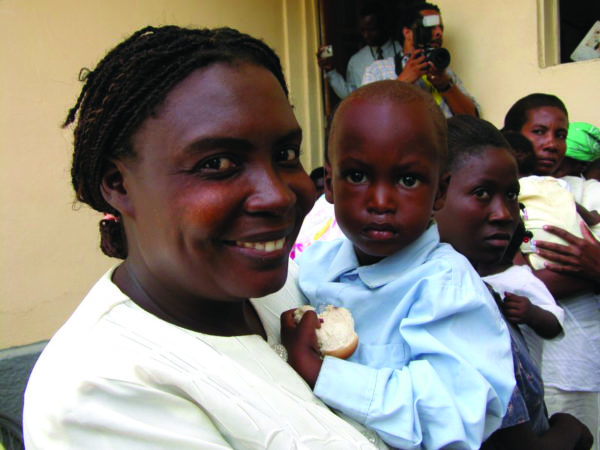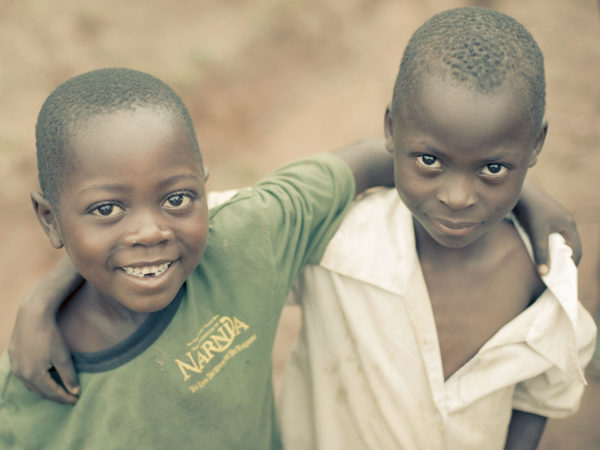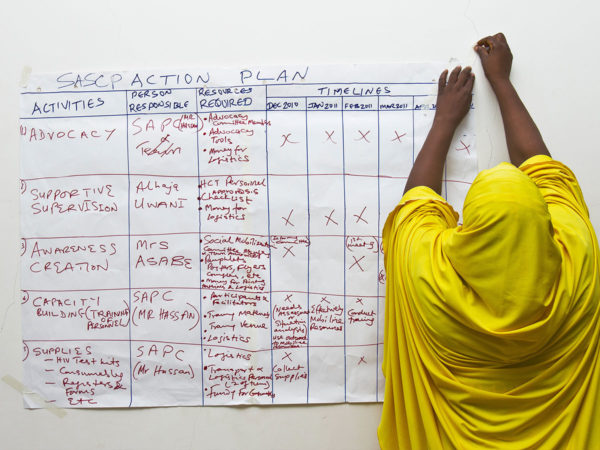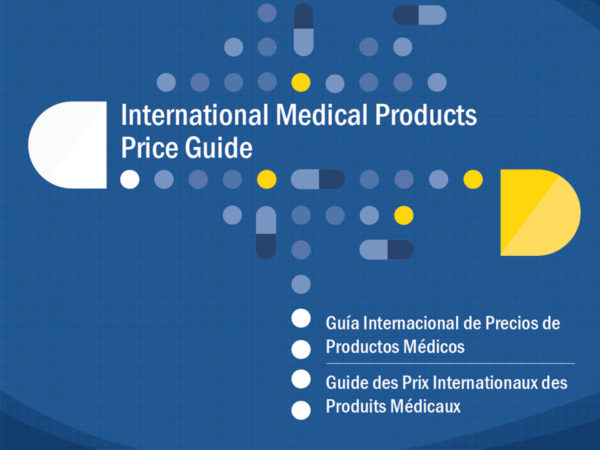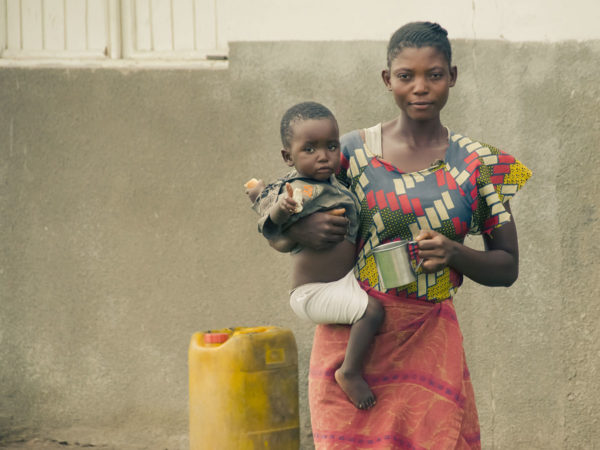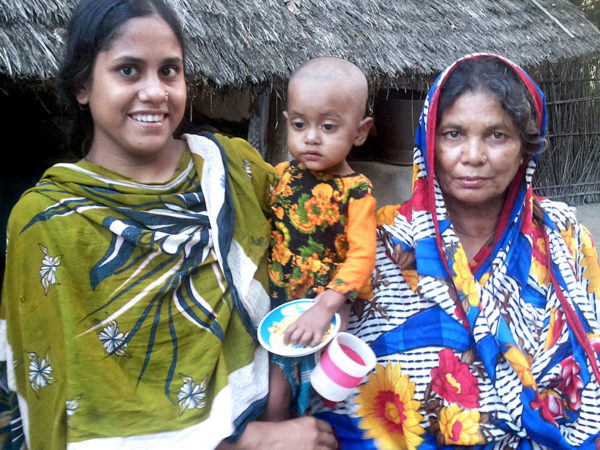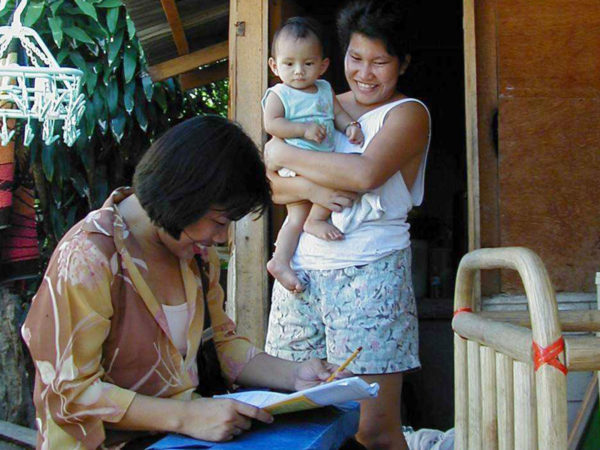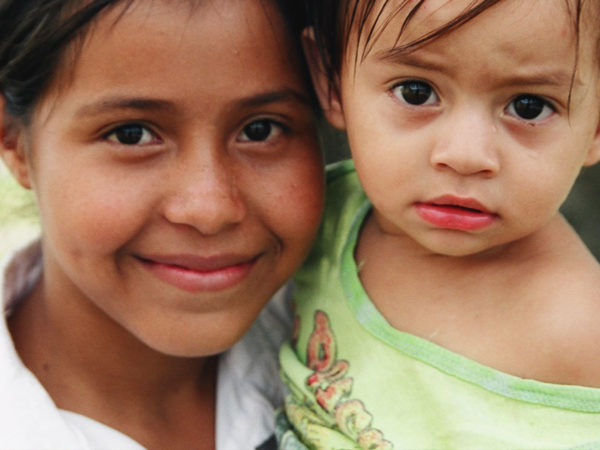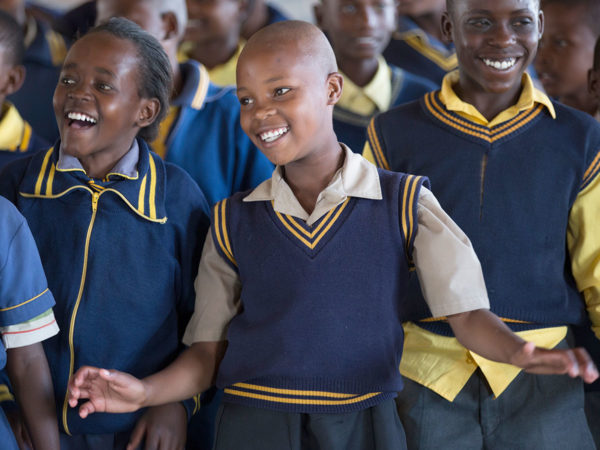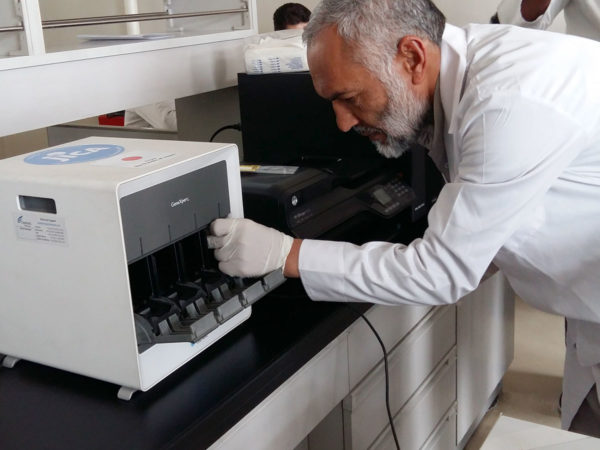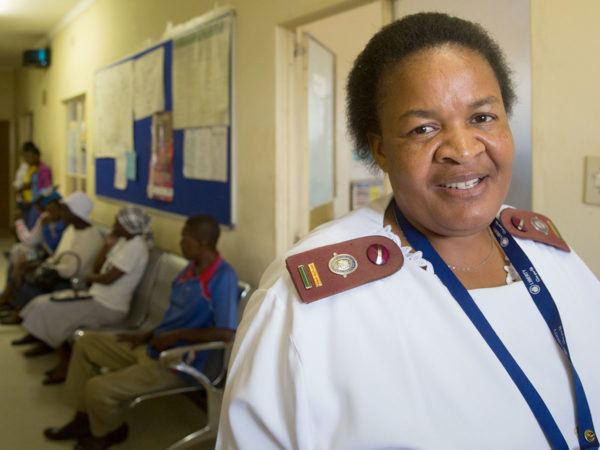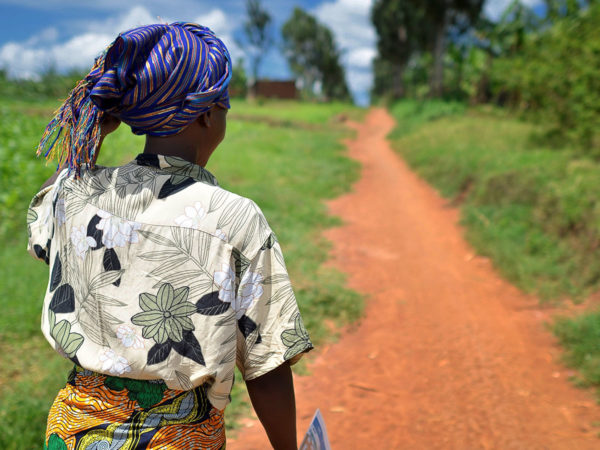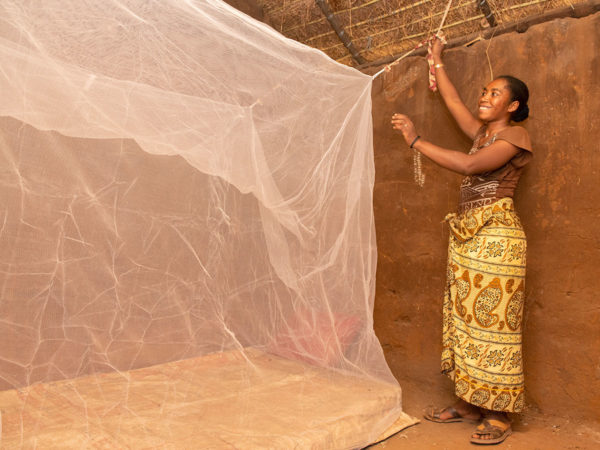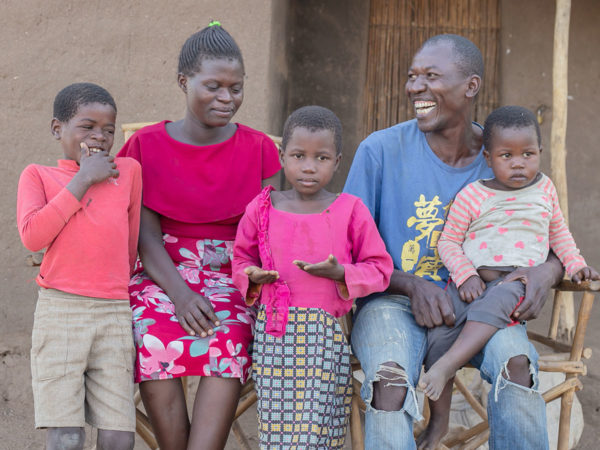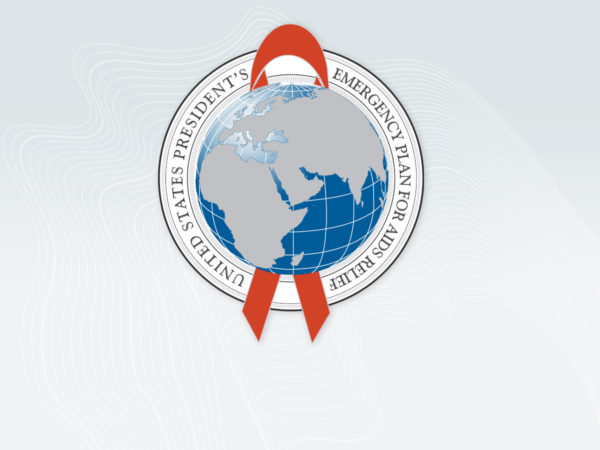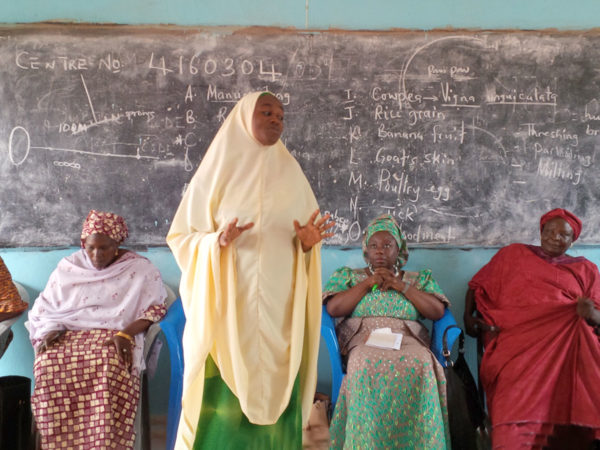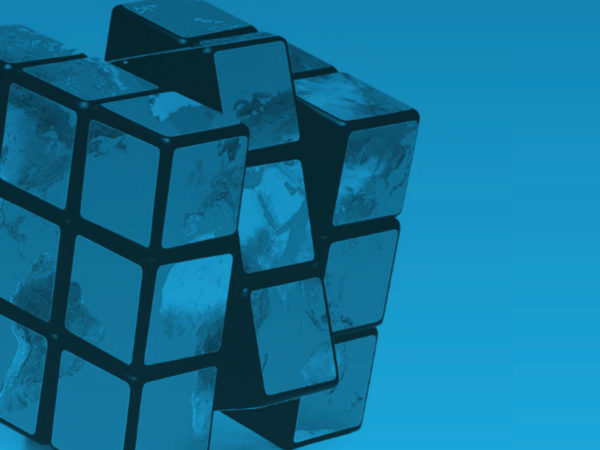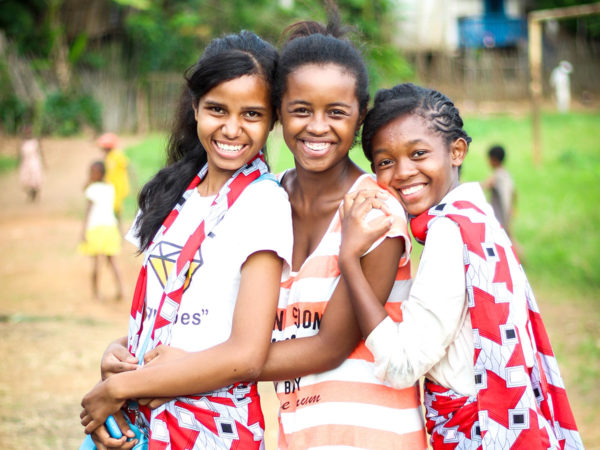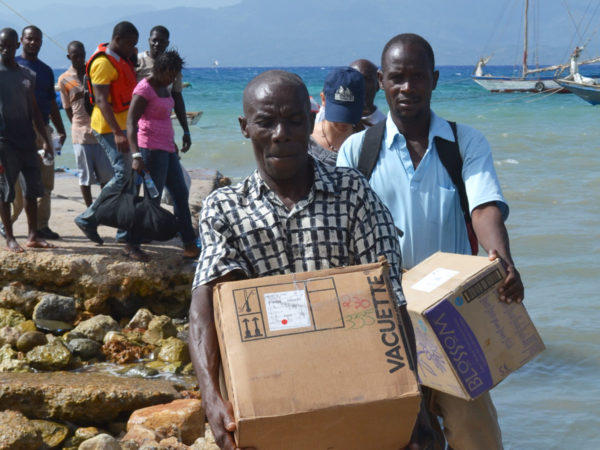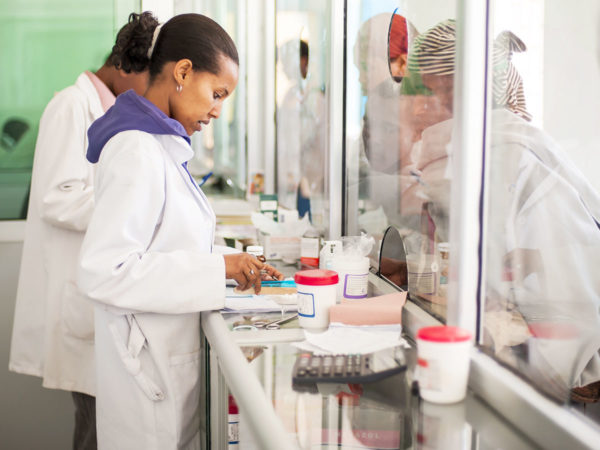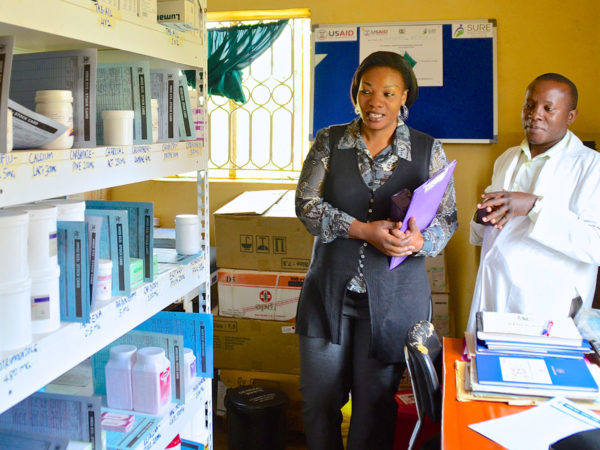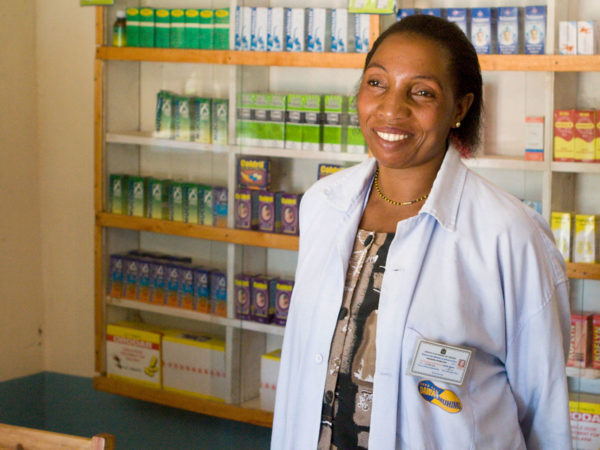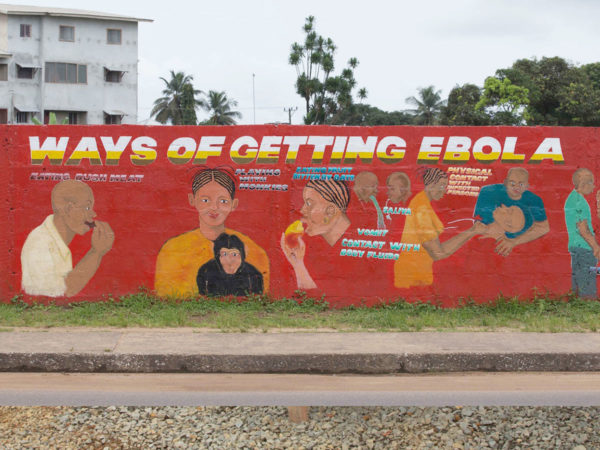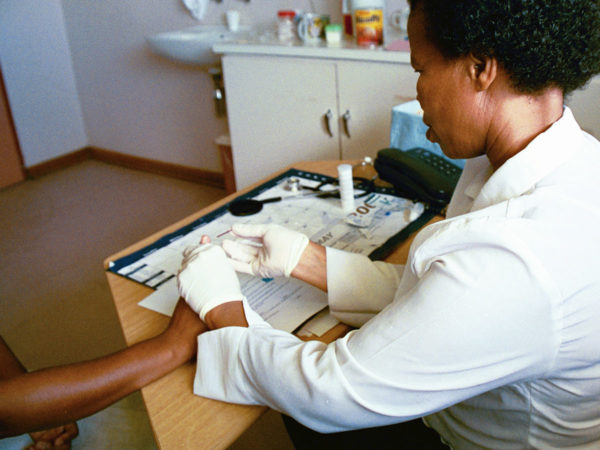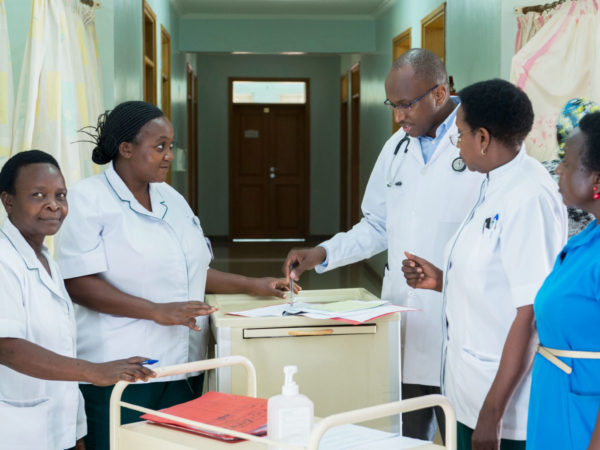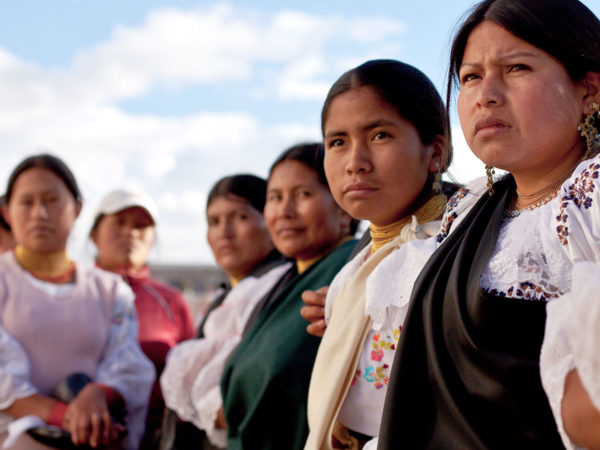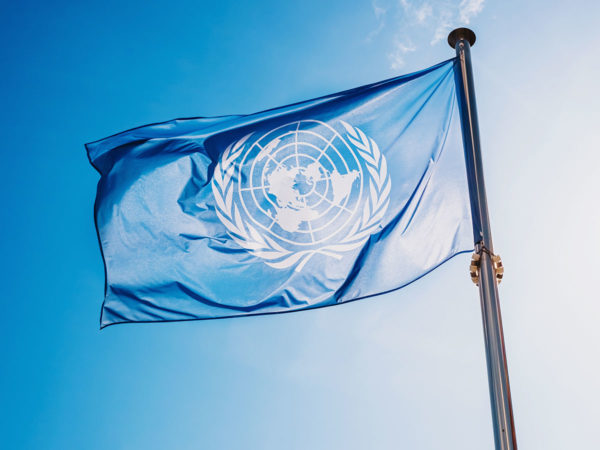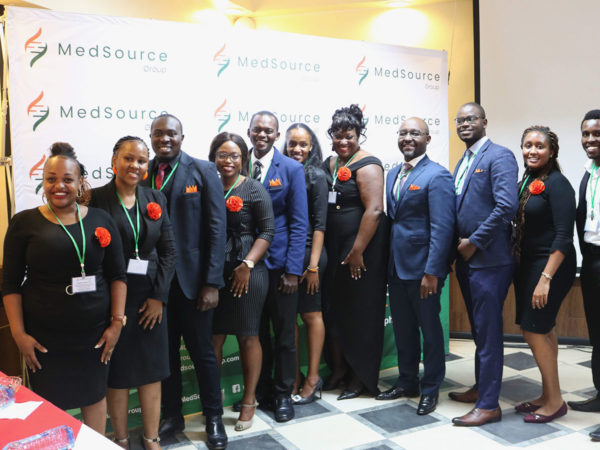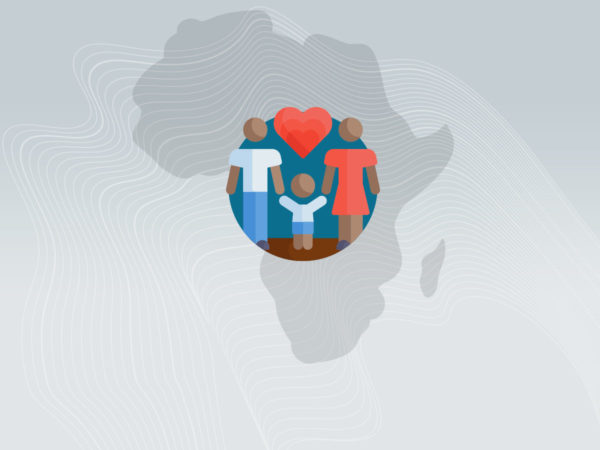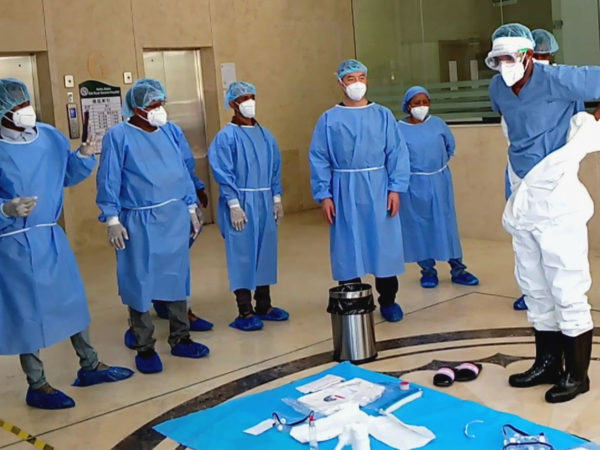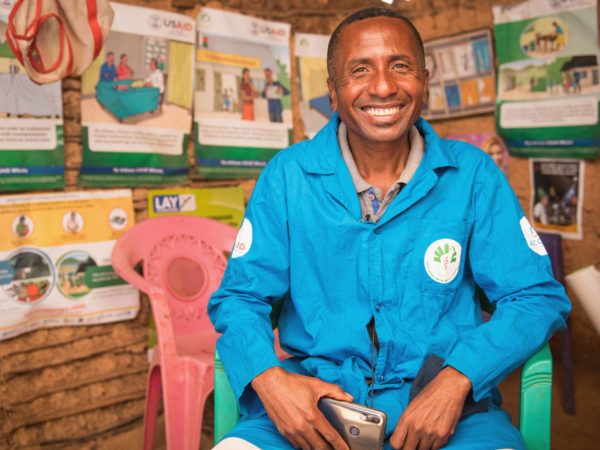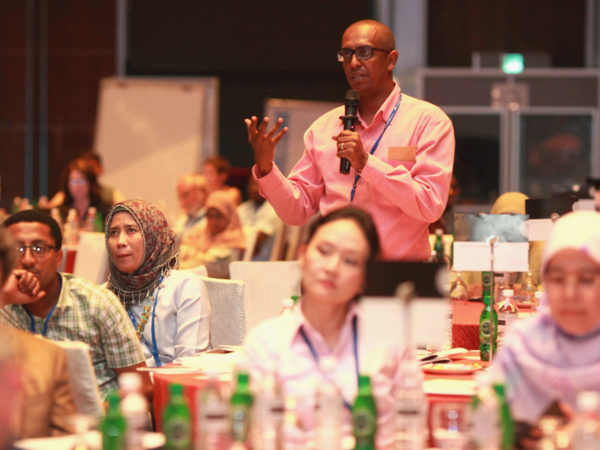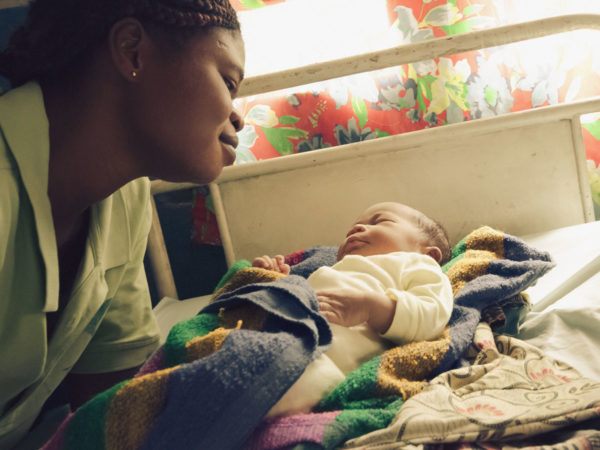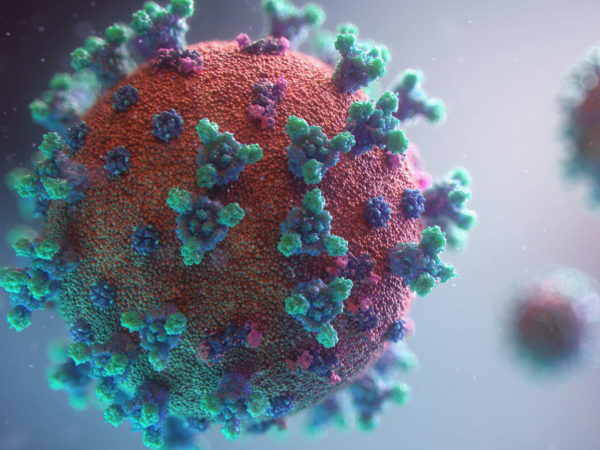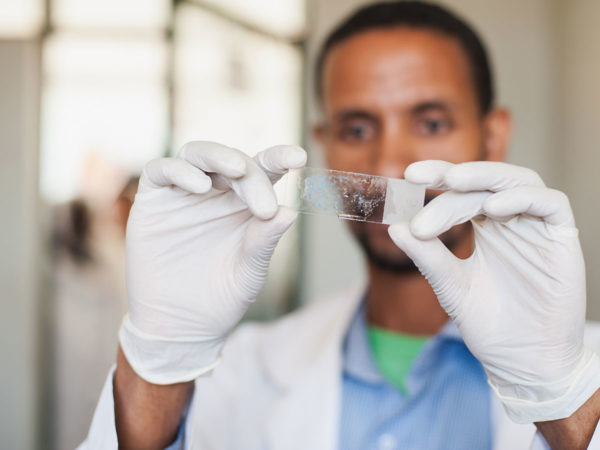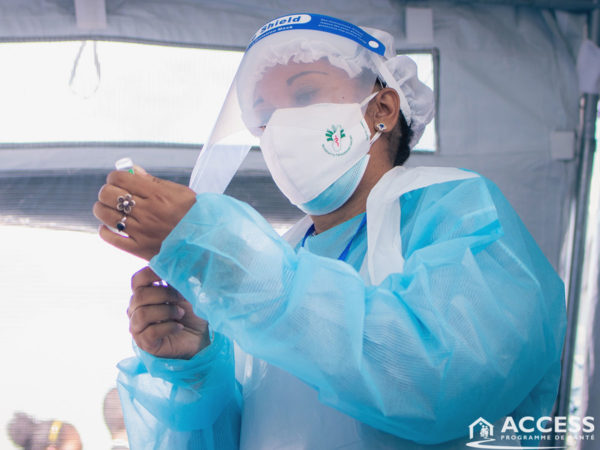Timeline
50+ Years of Improving Health
-
1971
1971
MSH began supporting family planning management with a first long-term project in South Korea, funded by USAID. -
1973
1973
MSH began work in Afghanistan to strengthen family planning and rural health services, a relationship that endures nearly 50 years later.
-
1977
1977
The first list of essential medicines for global health conditions was published by the World Health Organization (WHO).
-
1978
1978
The Alma Ata Declaration was announced at the International Conference on Primary Care, promoting health as a human right and calling for the establishment of primary health care worldwide.
-
1981
1981
MSH publishes Managing Drug Supply, a seminal handbook documenting practical actions to help countries manage medicine supply systems.
- 1983
-
1984
1984
A key conference in Bellagio, Italy, establishes the Task Force for Child Survival to increase immunization levels and promote effective measures for healthy children and families.
-
1985
1985
MSH commences a groundbreaking commitment to leadership, management, and governance, assisting leaders and managers to develop skills in all areas of health systems.
-
1986
1986
MSH publishes the International Drug Price Indicator Guide (later known as The International Medical Products Price Guide)—an essential reference for the procurement of pharmaceuticals.
-
1986
-
1987
1987
MSH starts working with Bangladesh to improve family planning by training staff and leaders to manage local programs and serves 4.5 million people.
-
1990
1990
MSH enters into a 15-year relationship with the Philippines to improve family planning and child health services, develop a national health information system, and enroll low-income families in health insurance.
As a strategy for promoting improved pharmaceutical use, MSH establishes the International Network for Rational Use of Drugs (INRUD) to improve medicines management.
-
1990
1990
The United Nations Development Programme’s first Human Development Report shifted the focus of development initiatives to people-centered policies.
-
1993
1993
MSH begins managing the worldwide Basic Support for Institutionalizing Child Survival (BASICS) project, established by the Partnership for Child Health.
-
1993
-
1997
1997
MSH begins work in post-apartheid South Africa to establish equitable, accessible primary health care services, including the prevention and treatment of HIV and AIDS.
-
2000
2000
The Millennium Development Goals (MDGs) are adopted by the United Nations, including targets for improving maternal and child health, treating and preventing HIV and AIDS, and promoting gender equality.
-
2002
2002
The newly established Global Fund to Fight AIDS, Tuberculosis and Malaria approves 36 countries to receive its first round of grants.
-
2003
2003
MSH starts work in Malawi to reduce child mortality and extend community-based care for HIV and AIDS, TB, malaria, and family planning.
-
2003
2003
The US President’s Emergency Plan for AIDS Relief (PEPFAR)—a landmark US global AIDS response—is launched.
-
2005
2005
In Rwanda, MSH launches performance-based financing programs for health services, dramatically increasing HIV testing, assisted births, and contraceptive use.
MSH publishes Managers Who Lead: A Handbook for Improving Health Services, its seminal publication providing practical strategies and tools for health care managers.
-
2005
2005
The Paris Declaration on Aid Effectiveness establishes a plan to increase country ownership of development and encourage donors to focus on measurable results.
-
2009
2009
The US announces its Global Health Initiative—a comprehensive strategy to strengthen health systems with a particular emphasis on woman- and girl-centered approaches.
- 2010
-
2011
2011
With Ethiopia, MSH completes Africa’s largest national expansion of HIV and AIDS services, reaching 33 million people by shifting health tasks from physicians to community providers.
MSH supports Malawi to implement an ambitious and pioneering “test-and-treat” HIV strategy for pregnant and breastfeeding women, known as Option B+.
-
2011
2011
MSH publishes the third edition of MDS-3: Managing Access to Medicines and Health Technologies, the world’s leading reference on managing essential medicines in developing countries.
-
2013
2013
Private-sector drug sellers, also known as accredited drug dispensing outlets, have been scaled up in Tanzania, after expansion to Liberia, Uganda, and Bangladesh. Accredited outlets now serve tens of millions of people.
-
2014
2014
On March 23, 2014, WHO reports cases of Ebola Virus Disease in the forested rural region of southeastern Guinea. The identification of these early cases marks the beginning of the West Africa Ebola epidemic, the largest in history.
MSH assists local officials, community health workers, and public and private health care providers to respond to Ebola outbreaks while continuing to rebuild health systems and supply chains in affected countries, including Liberia and Democratic Republic of the Congo.
-
2014
2014
UNAIDS and partners establish the 90-90-90 goals with the aim of diagnosing 90% of all HIV-positive persons, providing antiretroviral therapy for 90% of those diagnosed, and achieving viral suppression for 90% of those treated by 2020 (later revised to the 95-95-95 goals).
-
2015
2015
The Global Health Security Agenda is launched to prevent, detect, and respond to emerging infectious disease threats, whether natural, accidental, or intentional.
The MDGs are updated to the 17 Sustainable Development Goals (SDGs), with emphasis on reaching the most vulnerable first. SDG 3 calls for ensuring healthy lives and promoting well-being for all, including achieving universal health coverage (UHC).
-
2016
2016
The FCI Program of MSH is launched, building on three decades of constructive activism, partnership, and capacity building by Family Care International, a leading global voice for women’s health and rights.
-
2016
2016
The UN General Assembly hosts a high-level meeting on combating antimicrobial resistance.
-
2017
2017
To respond to the high cost and low quality of medicines in Kenya, MSH launches MedSource, a private group purchasing organization. MedSource now facilitates the procurement of more than 1,000 health care products.
MSH, Harvard University, Georgetown University, and the Stone Foundation assemble leading voices in global health security to discuss the state of the world’s readiness to fight the next epidemic.
-
2017
2017
Africa CDC, a specialized institution of the African Union to support public health systems, is officially launched.
-
2018
2018
The Bureau for Global Health ranks the USAID-funded Systems for Improved Access to Pharmaceuticals and Services (SIAPS) Program as 1 of the top 5 most useful USAID projects—out of a field of more than 150 projects.
MSH continues a 40-year tradition of global excellence and innovation in pharmaceutical systems as it launches a new five-year global project, the USAID Medicines, Technologies, and Pharmaceutical Services (MTaPS) Program.
-
2018
2018
Building on a history of improving the health of women and children in Nigeria, MSH launches the President’s Malaria Initiative for States (PMI-S) Project.
Through the Accessible Continuum of Care and Essential Services (ACCESS) Activity, MSH continues to support the Government of Madagascar to accelerate health improvements for 16 million people.
-
2018
2018
MSH is selected by the Joint Learning Network for Universal Health Coverage (JLN) Steering Group to serve as Network Manager under an agreement with the Bill & Melinda Gates Foundation.
MSH begins hosting the Secretariat for the Civil Society Engagement Mechanism (CSEM) for UHC2030. CSEM endeavors to elevate civil society’s influence to ensure that UHC policies and programs are inclusive and equitable.
-
2018
2018
The Declaration of Astana reinvigorates the global commitment to primary health care, first outlined in the 1978 Alma Ata Declaration.
-
2019
2019
The earliest case of COVID-19 is reported in Wuhan, China, in November. The WHO Director General declares COVID-19 a Public Health Emergency of International Concern.
-
2020
2020
USAID awards a major global program, Health Systems for Tuberculosis (HS4TB), to MSH and partners. HS4TB will continue supporting 23 countries’ efforts to strengthen health financing and governance of TB programs.
-
2021
2021
MSH continues to support the COVID-19 response in the countries where we work by assisting them with infection prevention and control, risk communication and community engagement, commodity and supply chain management, and surveillance and information systems.
-
2021
2021
The UK hosts the 26th UN Climate Change Conference of Parties in Glasgow to accelerate action toward the goals of the Paris Agreement and the UN Framework Convention of Climate Change.
